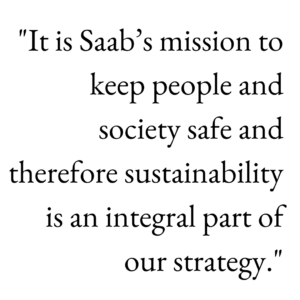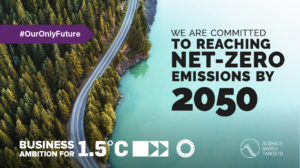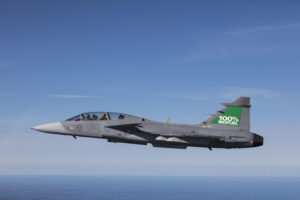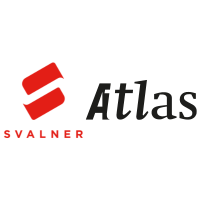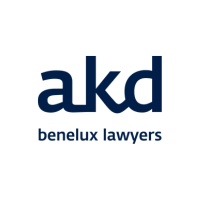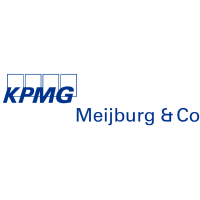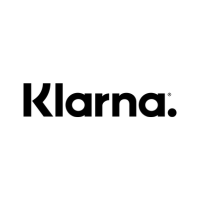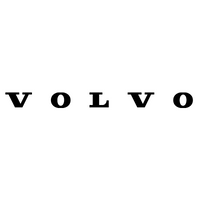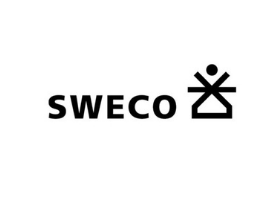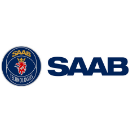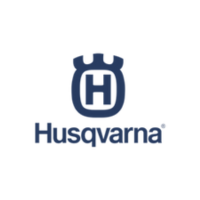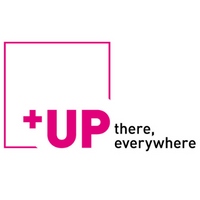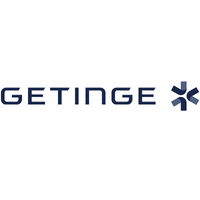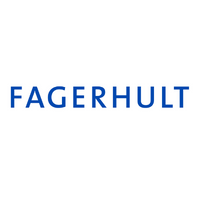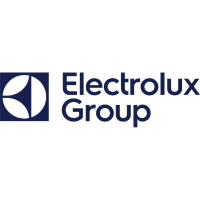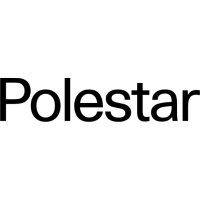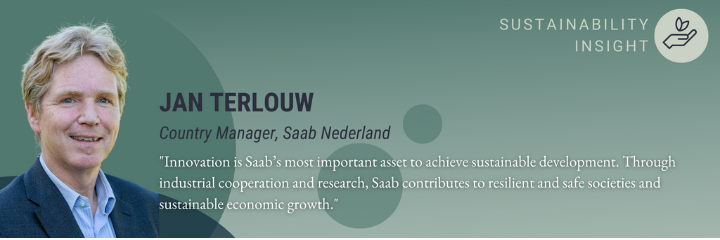
SUSTAINABILITY INSIGHT- SAAB NEDERLAND
The topic of sustainability is playing an increasingly important role in the defence industry. In an interview with the Swedish-Dutch Chamber of Commerce, Maria Sahlin, Head of Environment at Saab, and Jan Terlouw, Country Manager at Saab Nederland, explain what the promise “Keeping people and society safe” has in common with heightened environmental commitments.
To what extent can your promise be transferred to the topic of sustainability?
Maria Sahlin: Climate change and pollution have impact on security worldwide. Due to floods, draught, shortage of water, polluted rivers and rising sea level, people have to leave their homes. Refugees can cause tensions when considered not welcome by local communities and are vulnerable to abuse by opposing groups.
Jan Terlouw: UN and NATO have experienced this once and again during peace keeping missions and they have called for action. On the other side of the spectrum, the Ukraine war has shown the downside of dependency of our democracies on fossil fuels such as oil and gas from autocracies like Russia, which poses a considerable threat to our security. The same is true for our dependency on materials and trade with other authoritarian states. The transition to renewable energy and a circularity economy is a solution to that.
Maria Sahlin: It is Saab’s mission to keep people and society safe and therefore sustainability is an integral part of our strategy. More specifically, peace, security and stability are prerequisites to ensure that we can reach the United Nation’s Sustainable Development Goals (SDGs) together, in particular SDG 16 (Peace, justice and strong Institutions) is fundamental in achieving also SDG 13 (Climate action) which are the goals Saab is subscribing in the environmental domain.
Can you give concrete examples and initiatives in this context?
Maria Sahlin: We are driving the green transition within Saab by working on three focus areas. For each of them we have defined targets and action plans. Furthermore, we have established methods and tools to monitor progress.
To give an example, our first focus area is Climate Impact. In order to give Saab’s work in this focus area a long-term perspective, we have committed to UN’s Race to Zero campaign. To reach net zero emissions, we have adopted the following intermediate Science-based Targets:
- 42 % reduction of Scope 1 and Scope 2 emissions for applicable categories by 2030 (base year 2020)
- 25 % reduction in Scope 3 emissions for applicable categories by 2030 (base year 2020)
- SBTi engagement target of 50 % for Saab’s supply chain by 2027 (base year 2022)
How do you ensure that these objectives are achieved?
Within our four business areas of Saab (Aeronautics, Dynamics, Surveillance and Kockums) and in our operational countries’ plans are being executed to reach these targets. Furthermore, we monitor and report our carbon emissions according to the Green House Gas (GHG) protocol and disclose our climate risks, actions and emissions to CDP. Saab has obtained top (A-) ratings for its most recent CDP reports, as a matter of fact for four consecutive years.
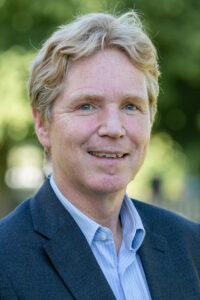
In the other focus areas, we have similar processes in place. These areas are Hazardous substances and Circular economy.
Jan Terlouw: Another important element to reach our targets is research and innovation, which in the long run is Saab’s most important contribution to sustainable development. Through industrial cooperation, transfer of technology and university partnerships, Saab enables economic growth and industrial development. To give new ideas a chance we have created Saab’s Climate Fund, which promotes the development of sustainable innovations, tipping the scales for projects which otherwise may not be executed. The fund is allocated to environmentally conscious innovations ranging from improvements of existing products to the development of completely new products and services geared towards reduced climate impact. Innovation starts with a problem which requires a solution. This result-oriented approach has already led to multiple products with less environmental footprint than their alternatives.
How does the topic of sustainability influence the development of products?
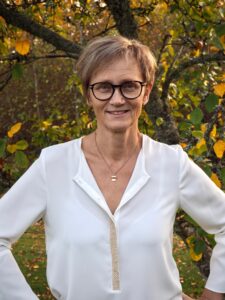
Jan Terlouw: Finally, we strongly believe in partnerships to achieve these goals. The Netherlands and Sweden are two like-minded countries that have a long history of working together on innovation in the defence and security domain and we think that funds for innovation like EDF should be used more in the future together to investigate and develop new sustainable solutions for the EU and NATO.
A multinational corporation such as Saab is active around the globe and in many countries. To have impact we have adopted a multi-domestic strategy, which in essence means we are making our country units truly local, while letting them benefit from the products and processes developed by all business units. In The Netherlands we have chosen sustainability as focal area because of the synergies and high ambitions of Sweden and The Netherlands within the European Union in this domain. To implement this, our motto is ‘practice what you preach’. Therefore, Saab Nederland has adopted the so-called Performance Ladder which Saab Nederland can ‘climb’ by doing more and more on CO2 reductions, ranging from insulation of the building we work in to less traveling, as well as innovations in the Air Traffic and Training & Simulation domains that contribute to lowering GHG emissions, both for ourselves (Scope 1 and 2) and our suppliers and customers (Scope 3). We are certified as a company to level three of this performance ladder.
The subject of sustainability concerns all of us and the whole industry. How will Saab make the defence sector in the Netherlands greener in the future?
Jan Terlouw: We have taken the initiative to put sustainability higher on the agenda of the Dutch Defence & Security sector, by establishing a new NIDV Platform on sustainability. NIDV is the Dutch Defence & Security Industry Association, much like SOFF (Säkerhets- och försvarsföretagen) in Sweden. Saab Nederland is chairing this platform, which was established last summer with the objective to make the whole sector more sustainable. By now 29 organisations have signed up, including major companies like Damen, GKN/Fokker, DNV and Capgemini, but also SME’s, the three main Dutch R&D institutes (TNO, MARIN and NLR), and last but not least the Ministry of Defence and National Police. The platform is also active in Europe, in the ASD Green Defence Task Force. We facilitate knowledge sharing, give policy advice to the Dutch government and stimulate innovation.
Saab Nederland is also patron of the Dutch Swedish Chamber of Commerce’s and member of its branding committee which is preparing and supporting a Sustainability and Innovation event on December 15, 2023. Finally, Saab Nederland and our partner Damen Shipyards are the main sponsors of NEDS 2023, which is the key Defence & Security event taking place on November 29 and 30 in Rotterdam Ahoy. Together with NIDV we have chosen as main theme … sustainability.

